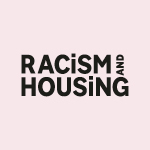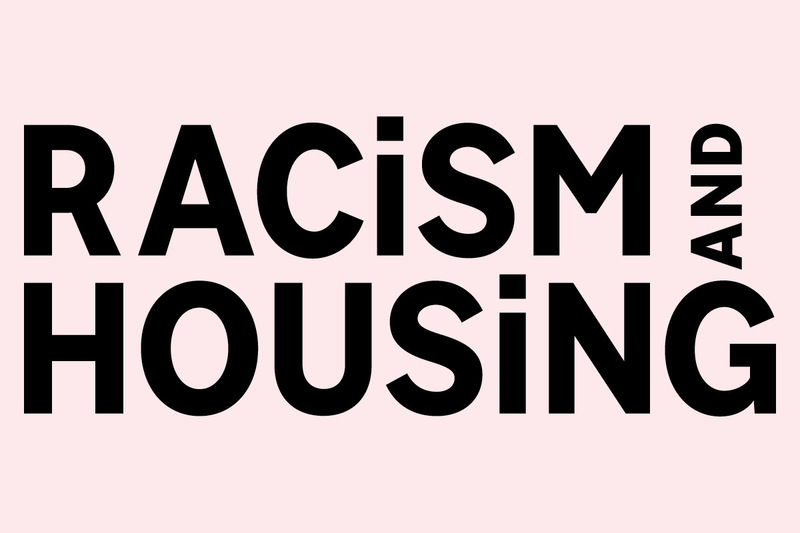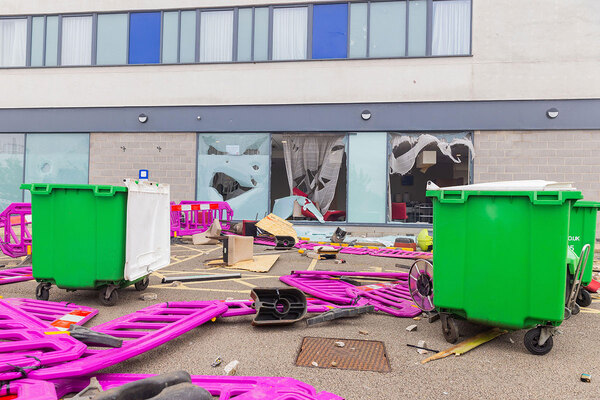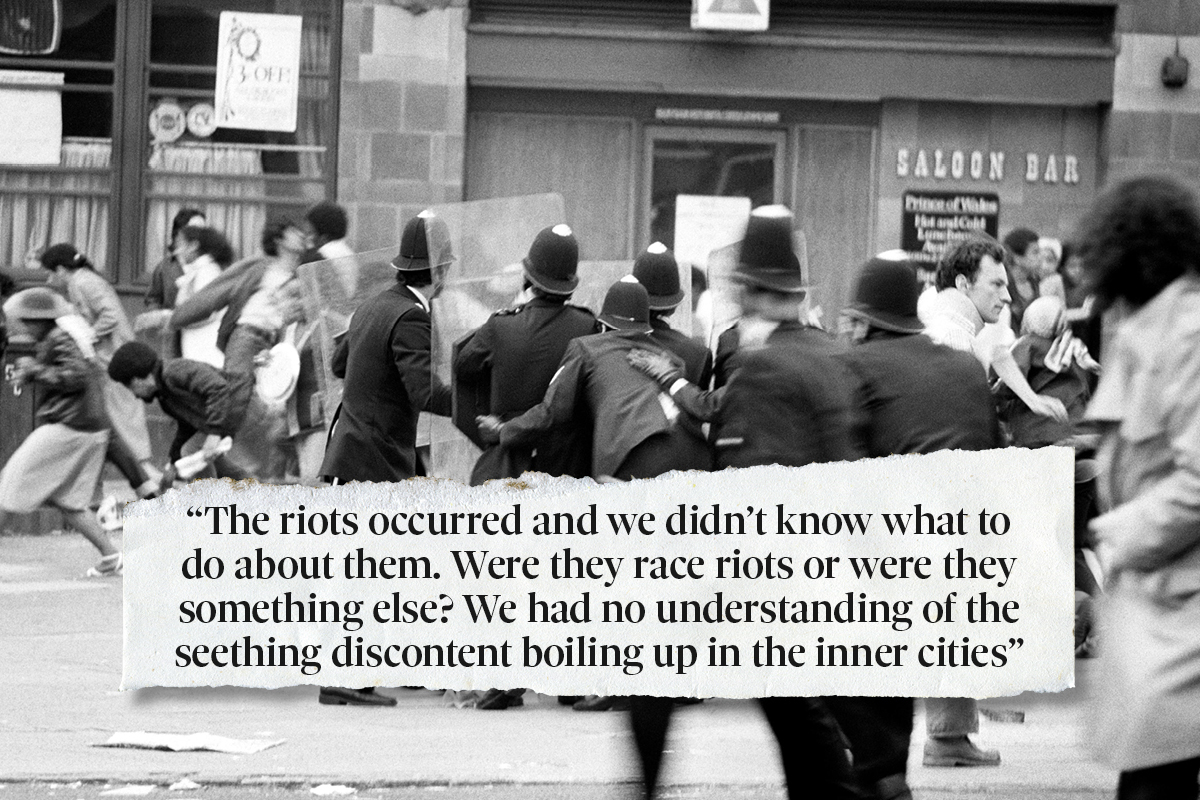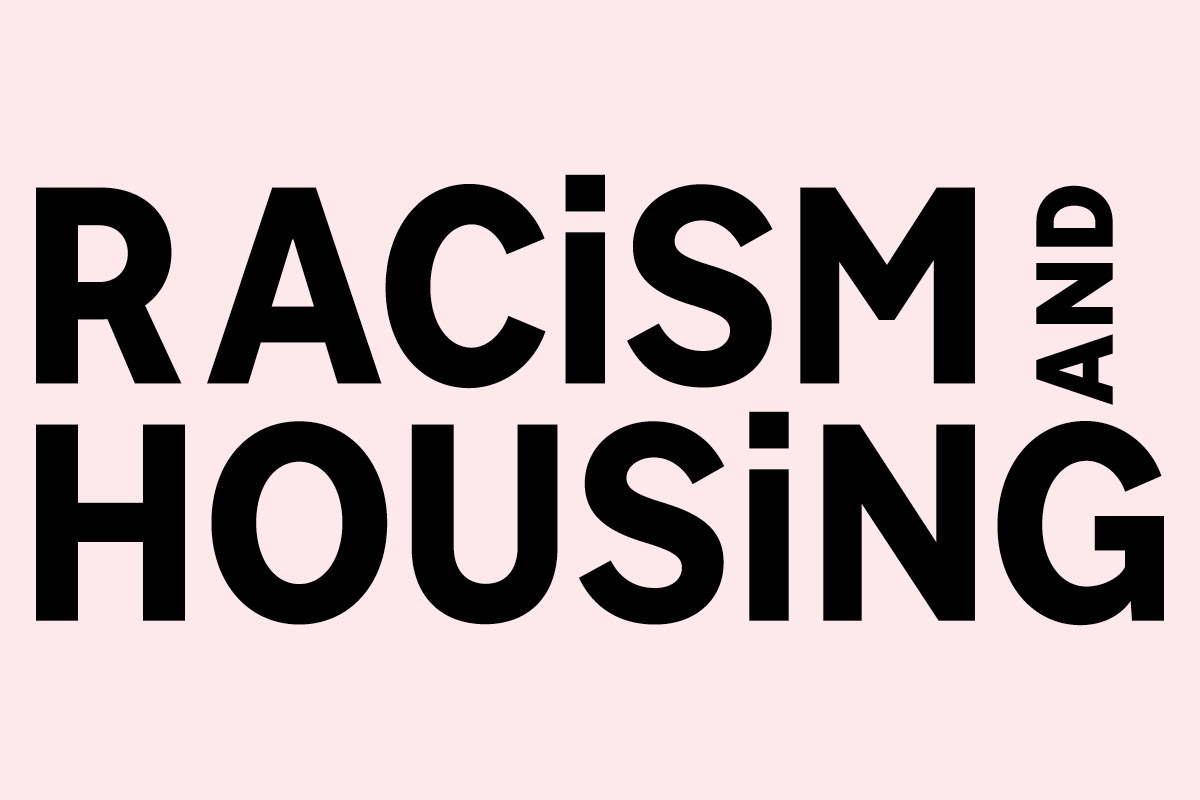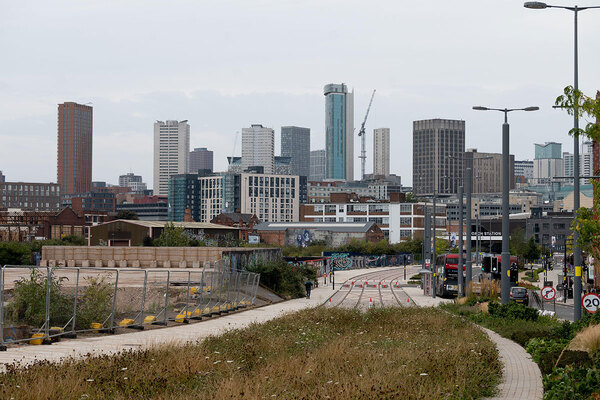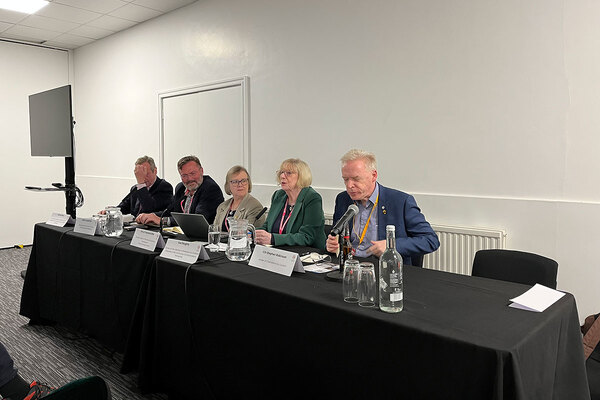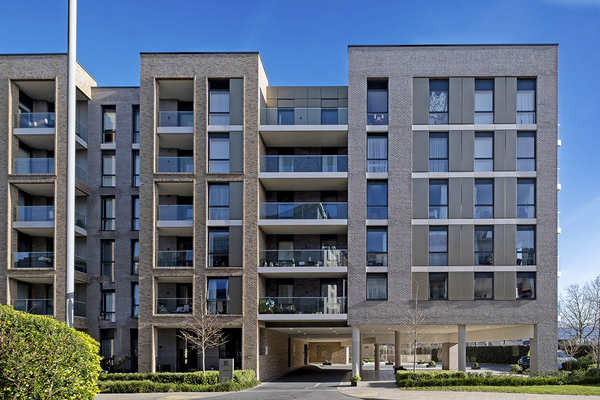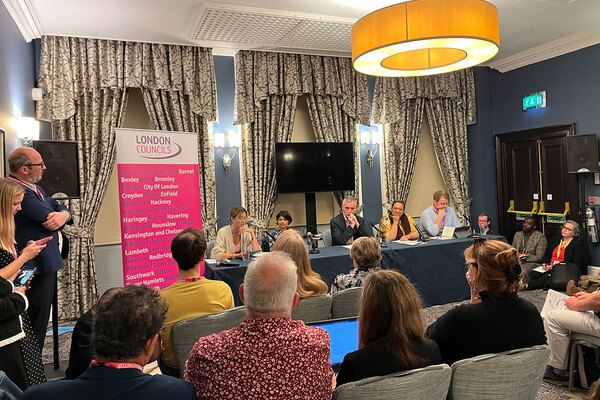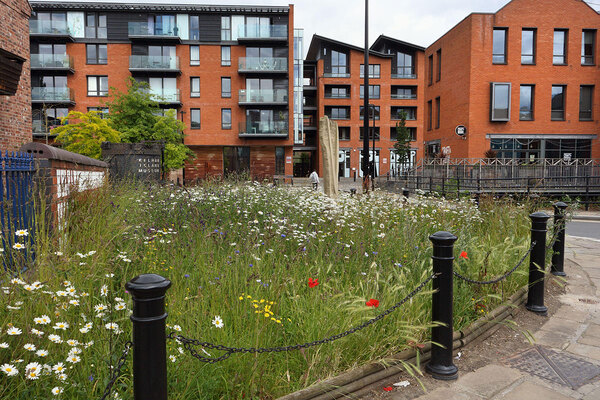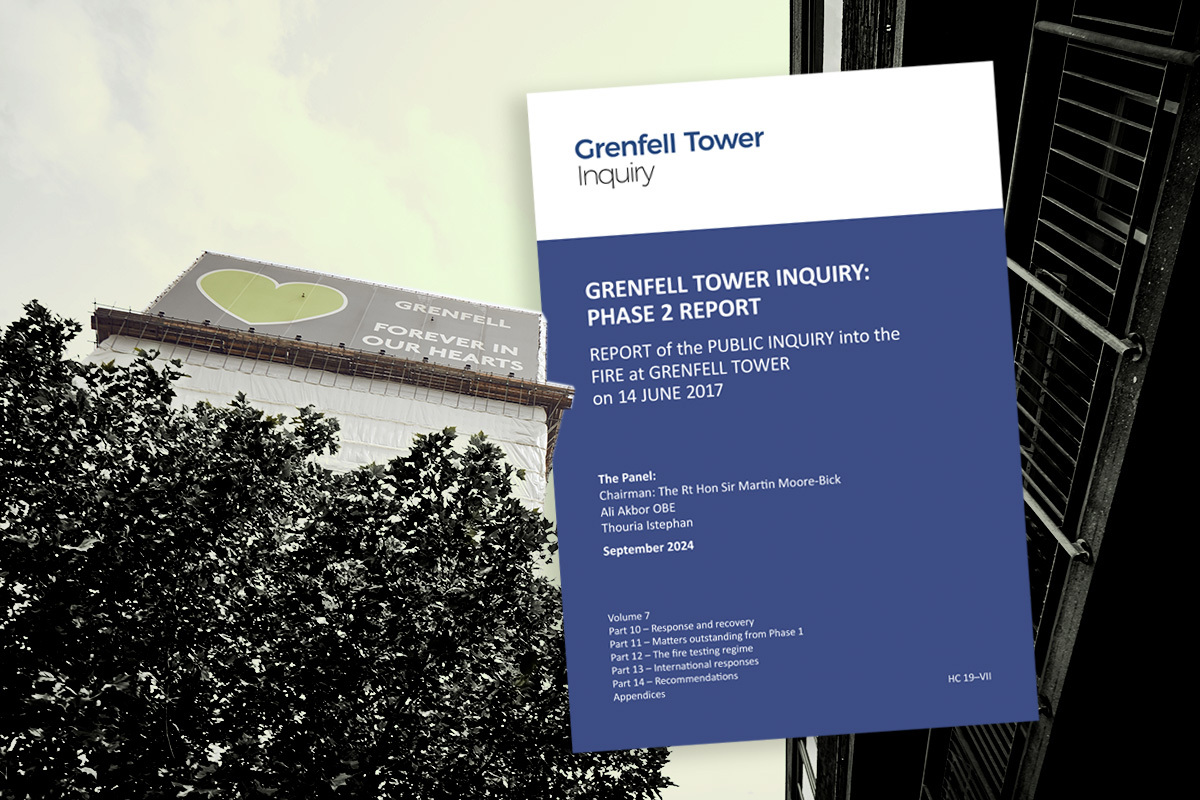You are viewing 1 of your 1 free articles
Being anti-racist means looking after communities in our care: our residents and our employees
Inside Housing’s Race and Housing Editorial Panel reflects on the recent extremist violence, and how the sector can move beyond public statements of support for residents and staff affected by racism and Islamophobia
The recent civil disobedience and anti-social behaviour driven by racism and Islamophobia, displayed by a minority of far-right extremists, is completely unacceptable and has no place in the UK. The violence and intimidation towards people and communities, including hatred towards migrants and refugees, were particularly upsetting for many people across the sector.
While many are shocked by what we have seen, sadly it’s not surprising. The rise of the far right in Britain and elsewhere on the Continent has long been a cause of concern for many, including people from ethnic minority communities everywhere. Simultaneously, these same communities have seen their living standards and quality of life decrease while becoming the target of righteous indignation.
There has been an increased platforming and normalising of people attacking minority communities, attributing major social and economic crises to their presence. This blame ranges from the pandemic to the cost of living and historic housing crises.
In direct response to the threat of far-right violence, many organisations invited or mandated that employees who did not feel safe to work from home and strongly advised them against leaving their homes. People from Muslim communities were particularly targeted and had to think about their safety and that of their communities, from how they dressed to being able to practice their faith.
But the impact was felt much more widely – the legacy of the events is a sense of insecurity and nervousness.
This panel was set up in 2020 to support Inside Housing’s anti-racist stance and ensure the voices of people from minority communities are heard and contribute to the development of our sector. Four years later, we are obliged to make what many consider to be an obvious statement.
These events remind us that being anti-racist is an ongoing commitment. Right now, it feels like there is violence lurking just beneath the surface and it could flare up at any time. The recent events underscore this feeling.
Many housing associations and local authorities published statements condemning the violence and reinforcing their commitment to being anti-racist by extending support to local communities, which is encouraging. These statements not only provided assurance and security, but reflect the role the sector has in communities and placemaking beyond just being a landlord.
However, there are still issues with representation in the housing sector. Previously, we have raised the need for organisations to have leadership teams that are representative of the communities they serve.
“Public statements of support and condemnation are necessary and welcomed. However, there must be a focus on making structural change within the sector”
Their residents from ethnic minority communities report lower rates of satisfaction and are more likely to be living in overcrowded homes that are in a state of disrepair. A reminder is due – being anti-racist is not just condemning horrific, well-publicised attacks, it’s also about looking after communities in our care: our residents and our employees.
Across the sector, frontline staff, many of whom are from ethnic minority communities, were tasked with providing support to affected residents, and continued to do their valued work, despite the potential risks to themselves. Public statements of support and condemnation are necessary and welcomed. However, as has been stated before, there must be a focus on making structural change within the sector’s sphere.
The panel would like to extend our deepest condolences to the families and loved ones of the three young girls killed in Stockport. The events that followed have so disrespectfully weaponised this tragedy.
Adunni Adams, lead senior project manager, housing development, Ealing; Asif Choudry, founder, CommsHero and sales and marketing director, Resource; Sian Edwards, temporary accommodation team lead (PLS & hostels), Kingston Council; Lorri Holding, head of independent living, Centrepoint; Nusheen Hussain, executive director – customer and communities, Home Group; Shahi Islam, director - affordable housing, Homes England; Annalisa Langton, head of engagement and diversity, The Guinness Partnership; Olu Olanrewaju, associate director, Altair International; Jahanara Rajkoomar, director of customer services, Gateway Housing Association; Jitinder Takhar, trustee, Leadership 2025; Rosalind Ugwu, independent consultant
Sign up for our daily newsletter
Already have an account? Click here to manage your newsletters
